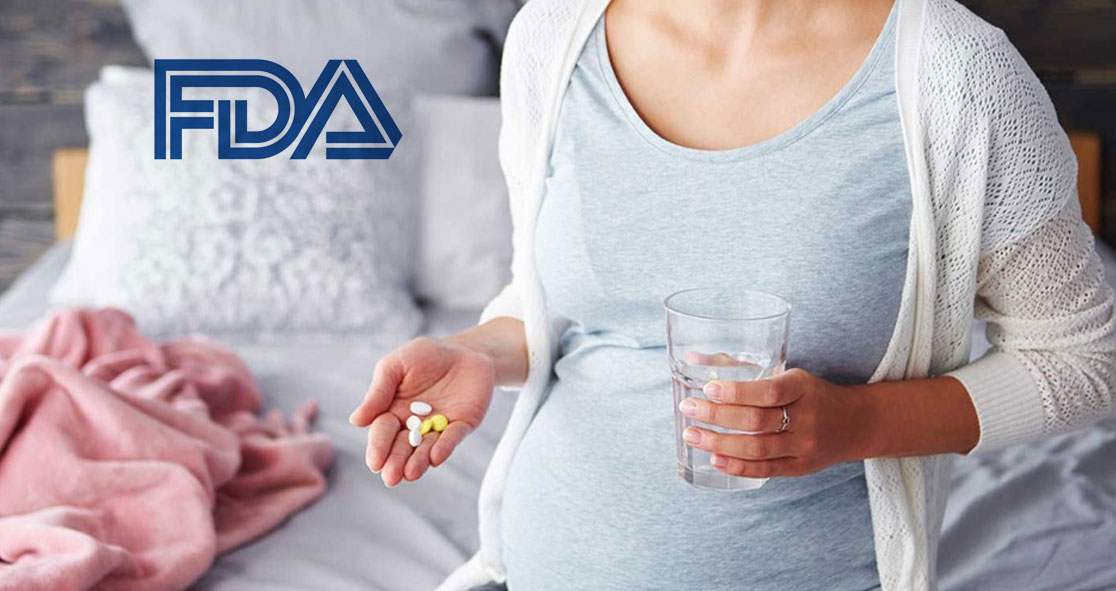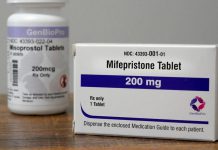The U.S. Food and Drug Administration (FDA) published new warnings Thursday that most non-steroidal anti-inflammatory drugs, aka NSAIDs, carry a higher risk for kidney complications in a fetus when the mother takes the drugs around weeks 20 or later in pregnancy.
Referring to newly available research, the drug regulatory body has stated that the use of NSAIDs can increase the risk of oligohydramnios (low amniotic fluid), which may result in rare yet serious kidney dysfunction in the unborn. Also, it can lead to pregnancy complications.
The FDA has expanded its earlier warnings about NSIADs, which the agency previously cautioned about taking them after 30th week of pregnancy due to cardiac-related risks.
Drug companies that manufacture prescription as well as OTC NSAIDs, such as diclofenac, naproxen, ibuprofen, and celecoxib, will be required to mention the warnings on the labels.
However, low-dose or baby aspirin (81 mg) is excluded from the newly released warning.
The FDA said, “Low-dose aspirin may be an important treatment for some women during pregnancy and should be taken under the direction of a healthcare professional.”
Dr. Patrizia Cavazzoni, Acting Director of FDA’s Center for Drug Evaluation and Research, said, “It is important that women understand the benefits and risks of the medications they may take over the course of their pregnancy.”
“To this end, the agency is using its regulatory authority to inform women and their healthcare providers about the risks if NSAIDs are used after around 20 weeks of pregnancy and beyond,” she added.
In a pregnant woman, oligohydramnios may occur in as little as 2 days or weeks after using an NSAID regularly. The FDA noted, “The condition usually resolves if a pregnant woman stops taking the NSAID.”
The Drug Safety Communication has noted that if a doctor believes an NSAID is necessary between 20 and 30 weeks of pregnancy, they should prescribe the lowest effective dose for the shortest duration possible. The article originally appeared on Medscape Medical News.























